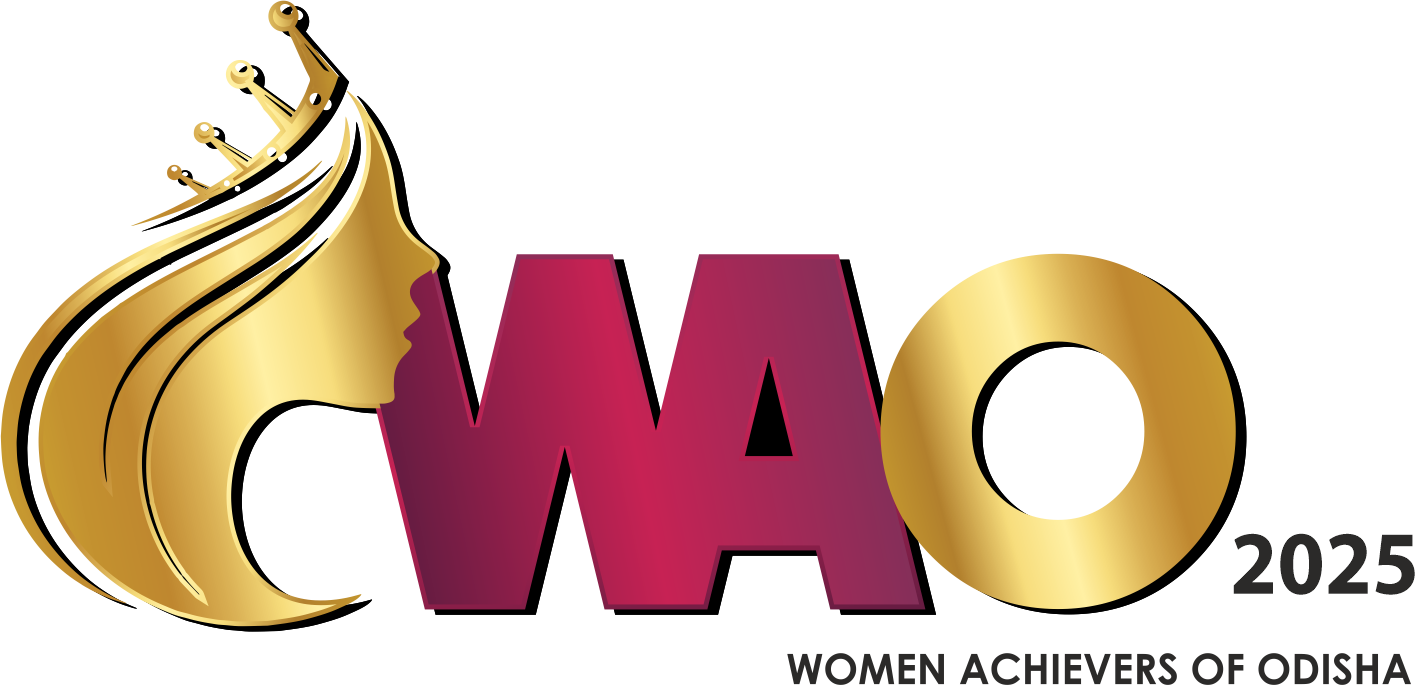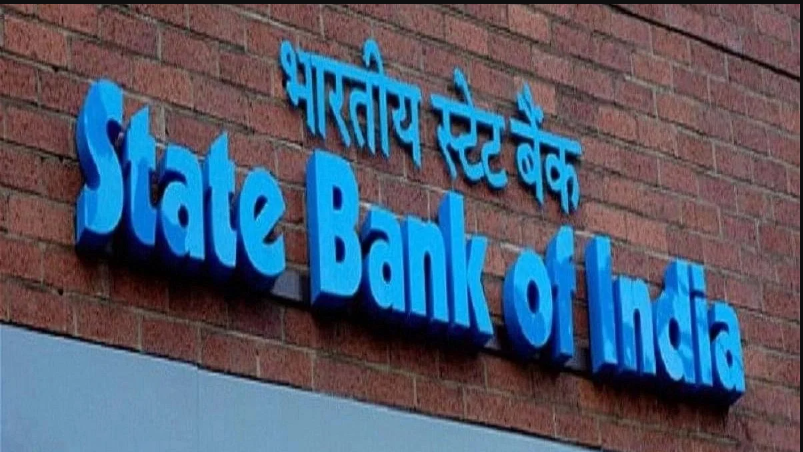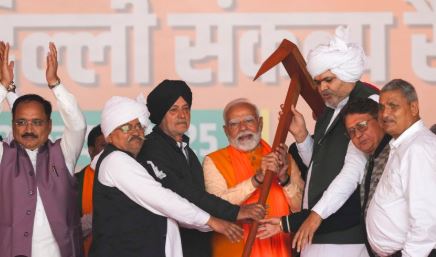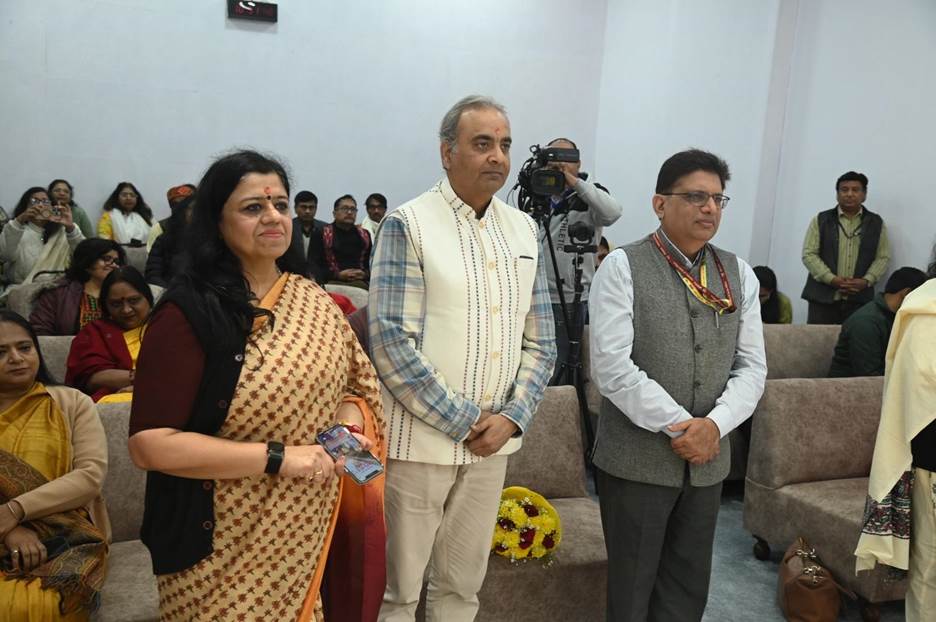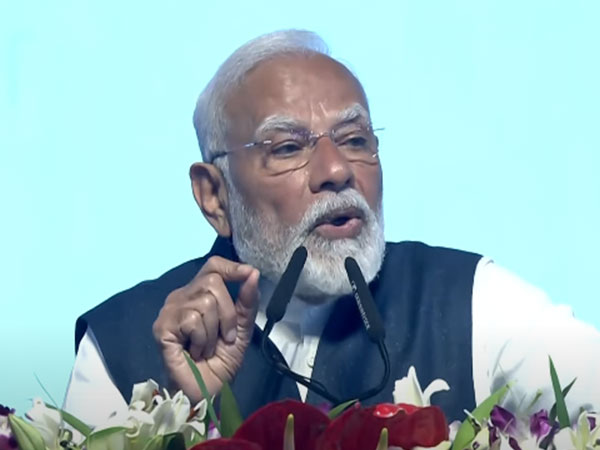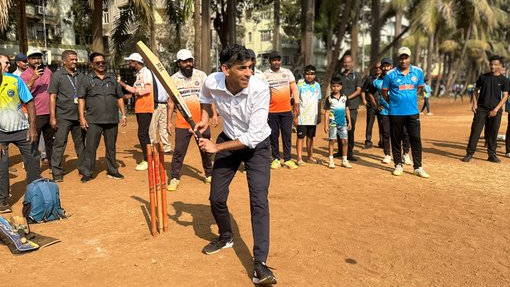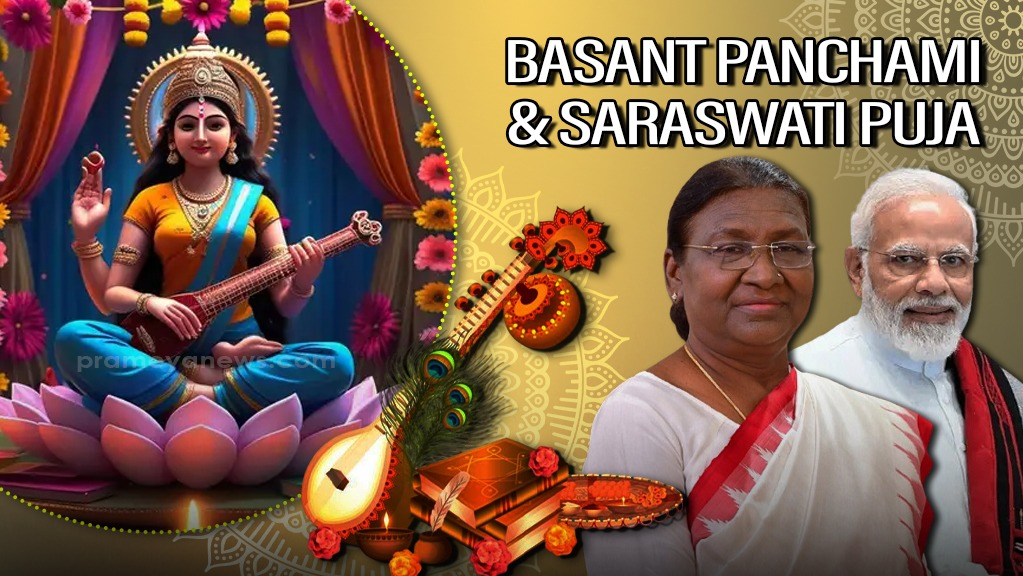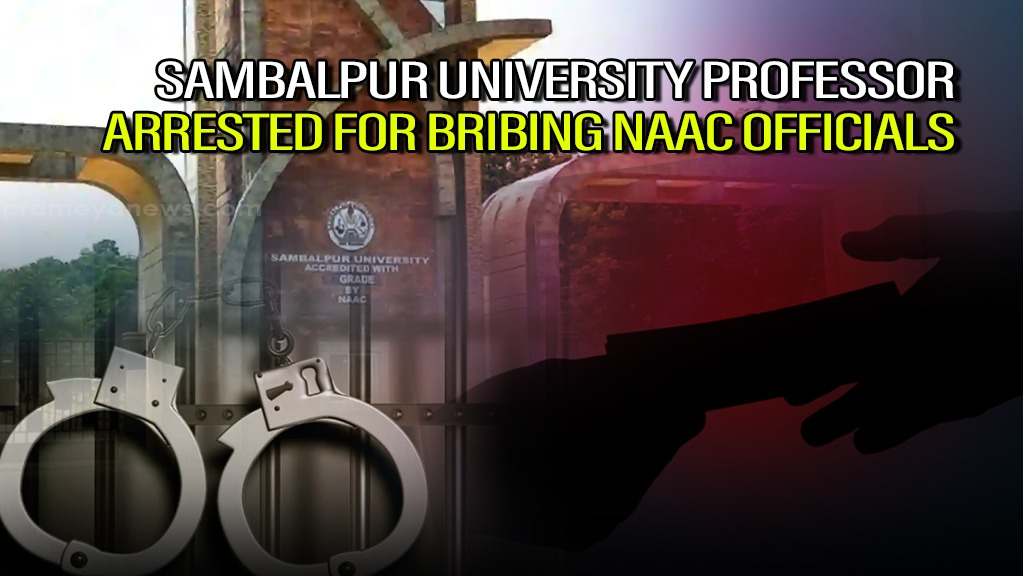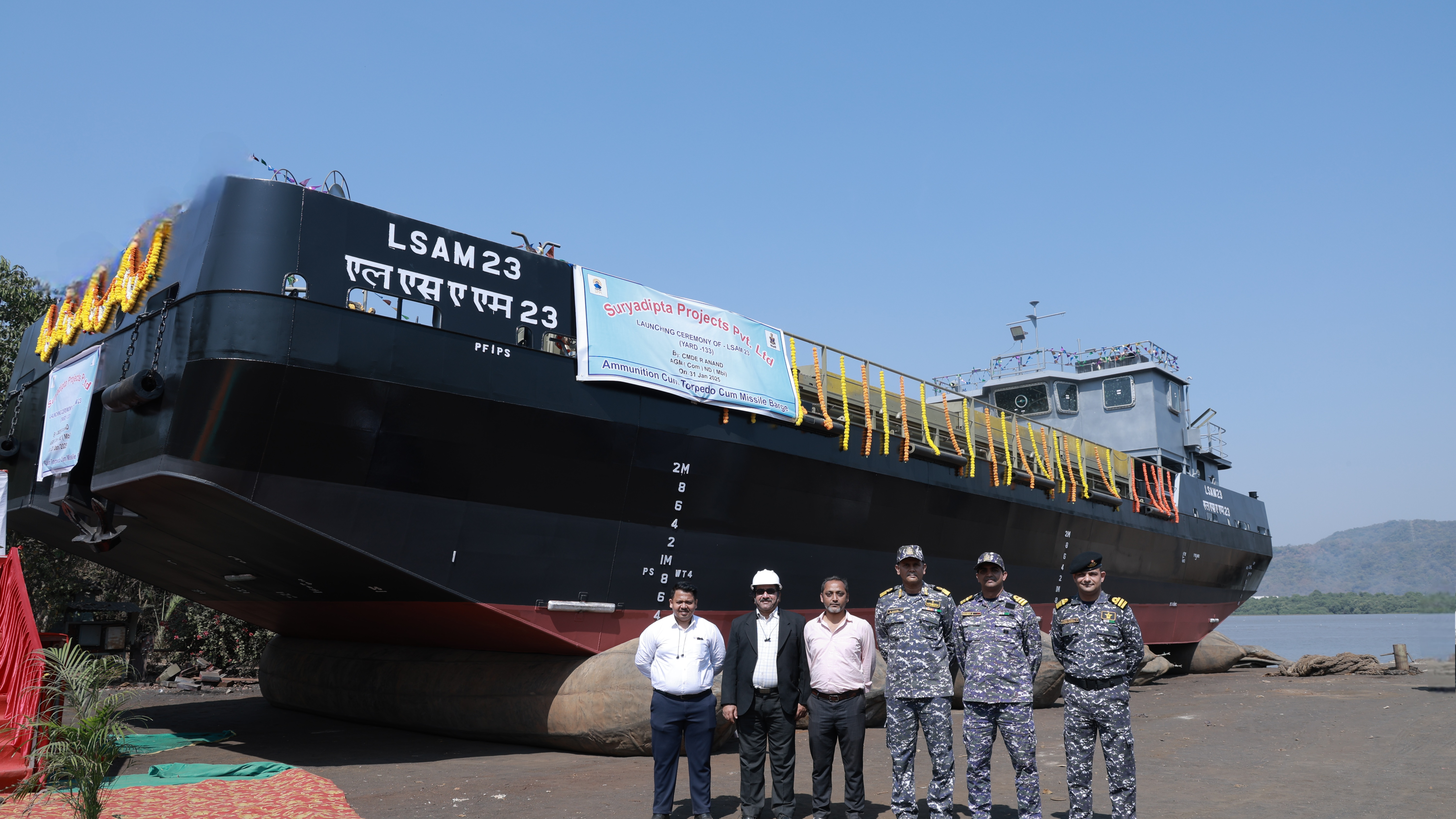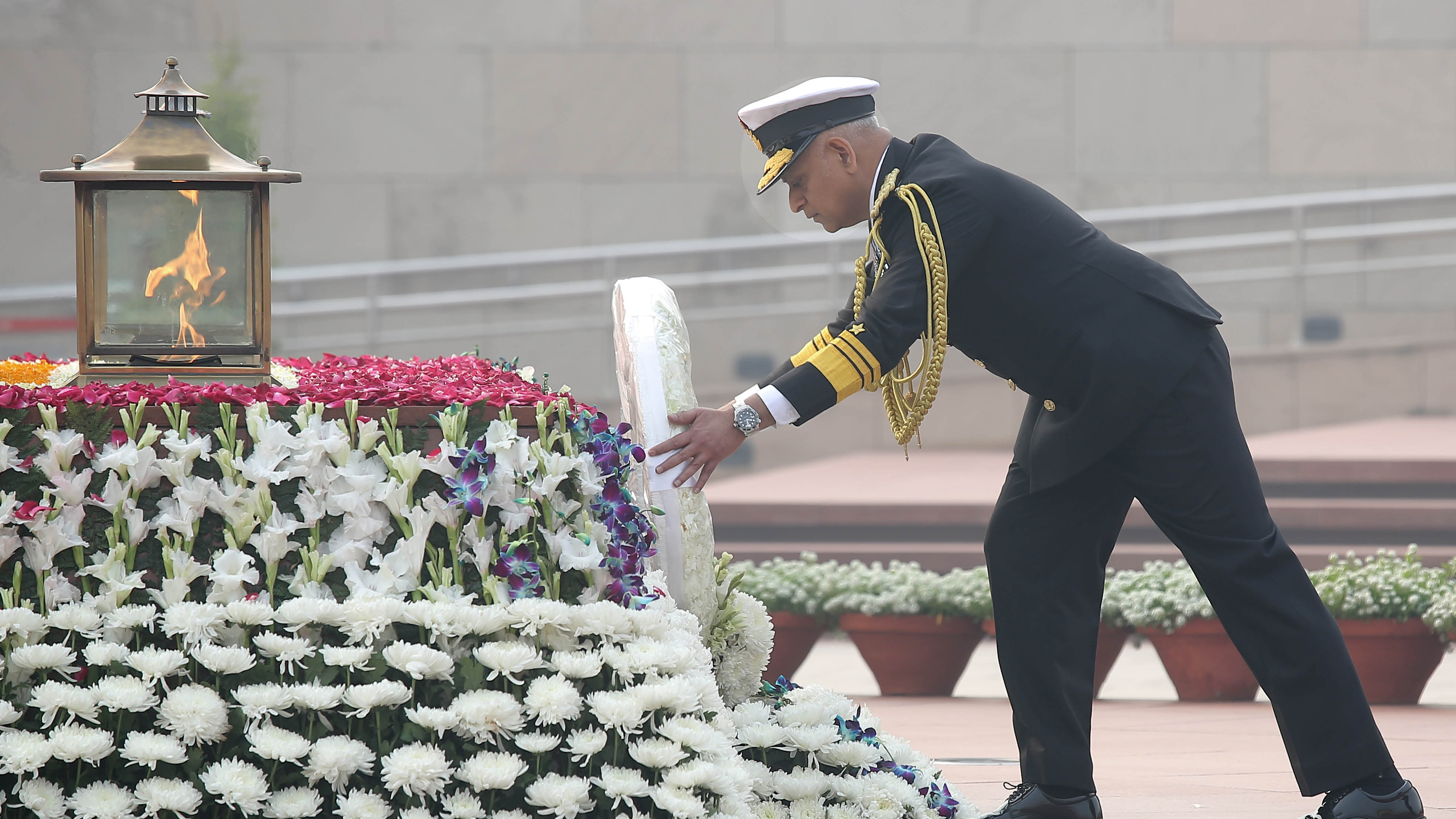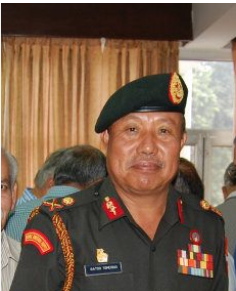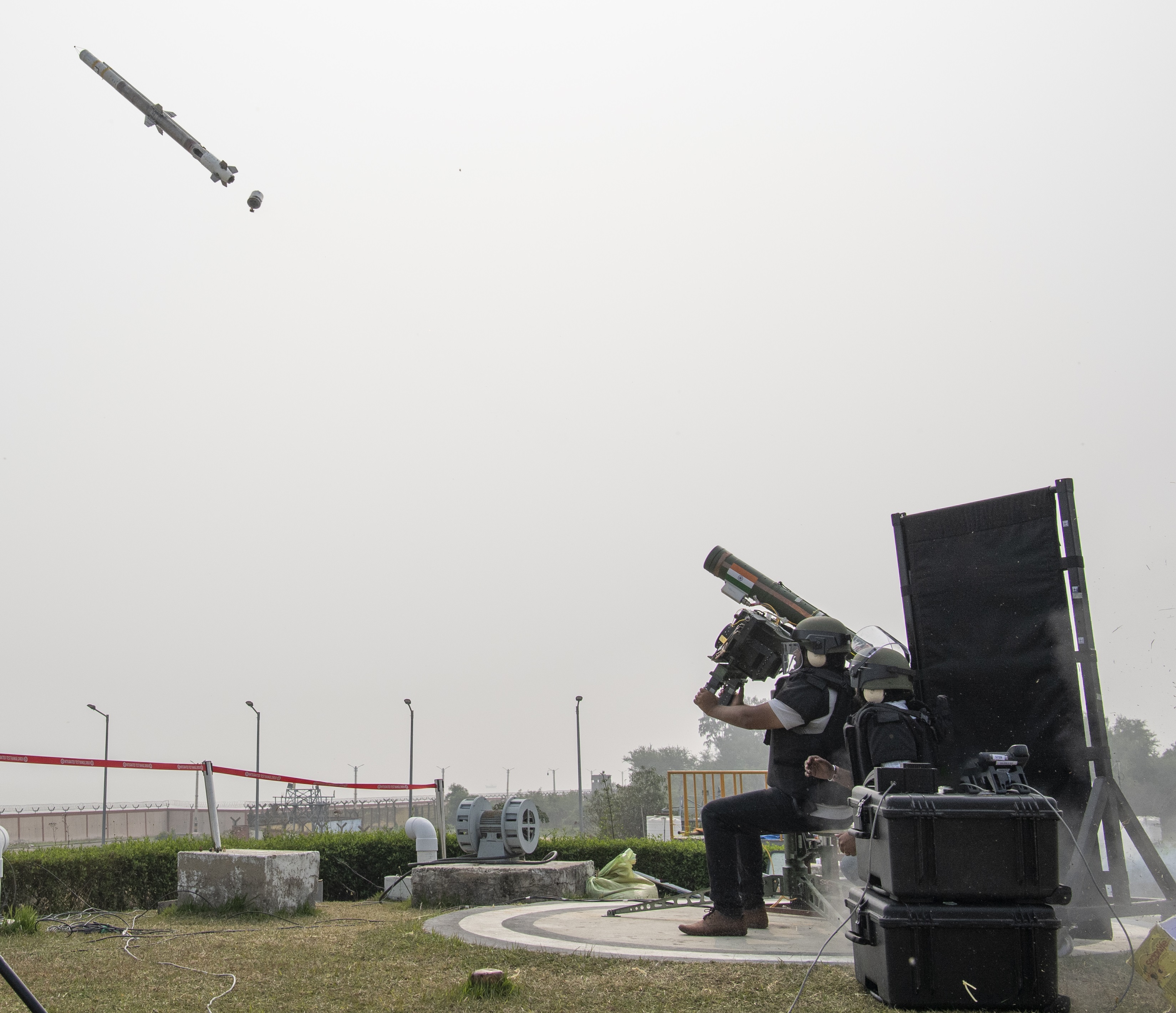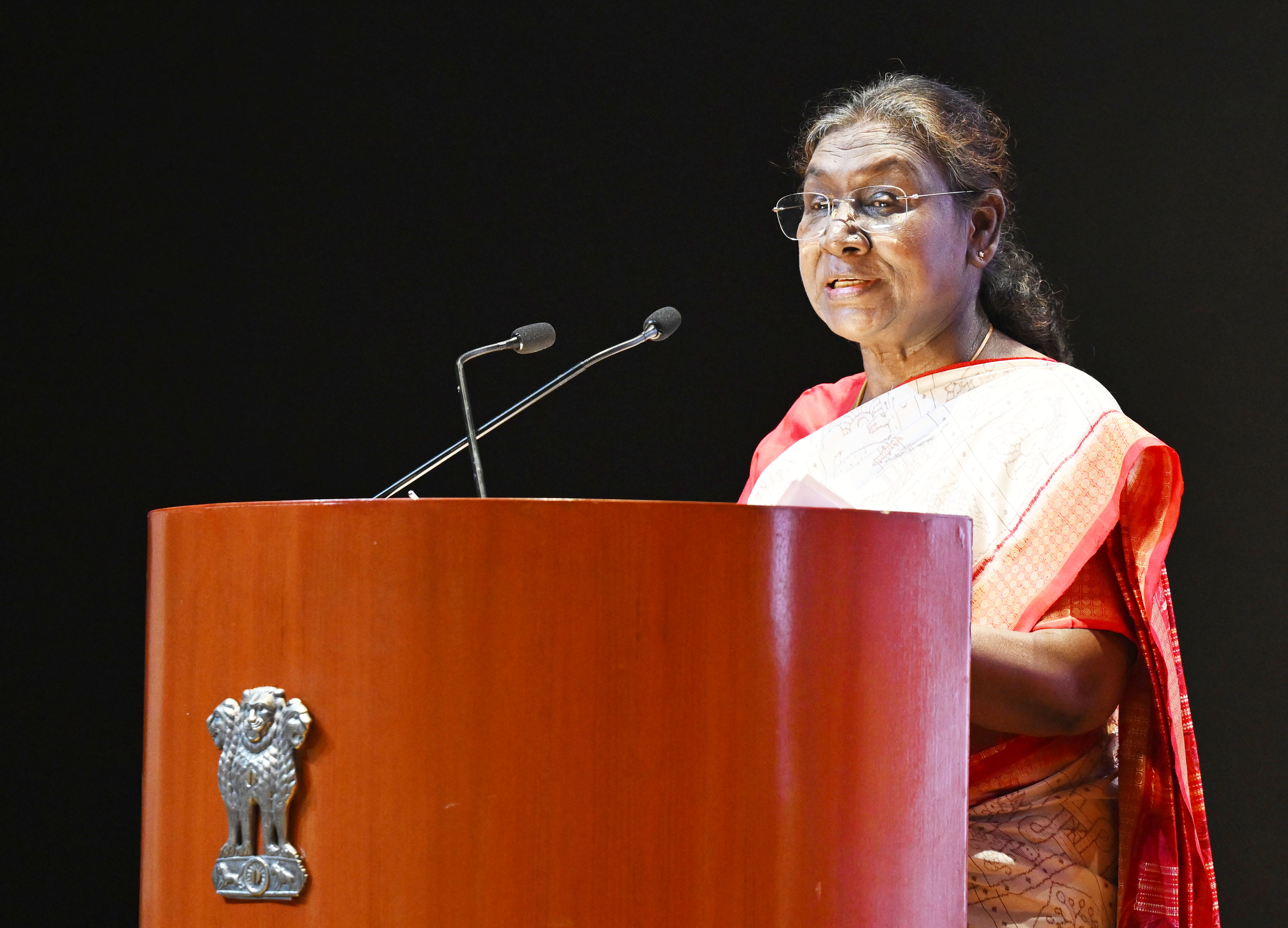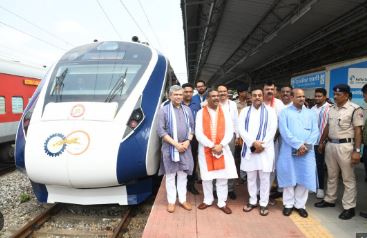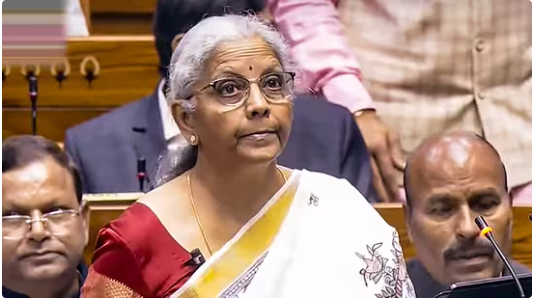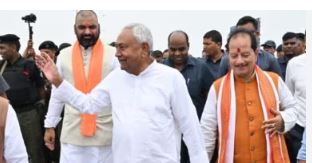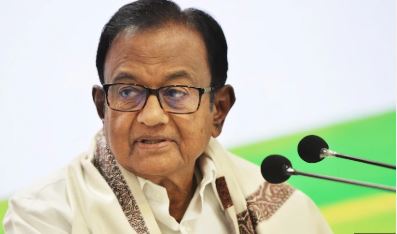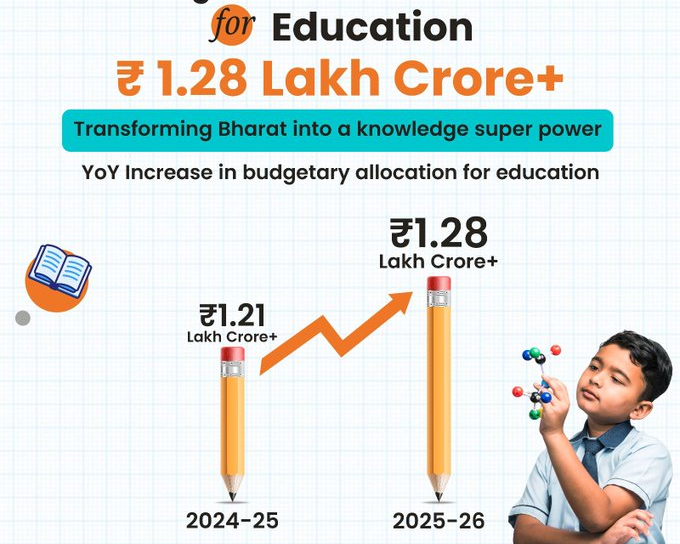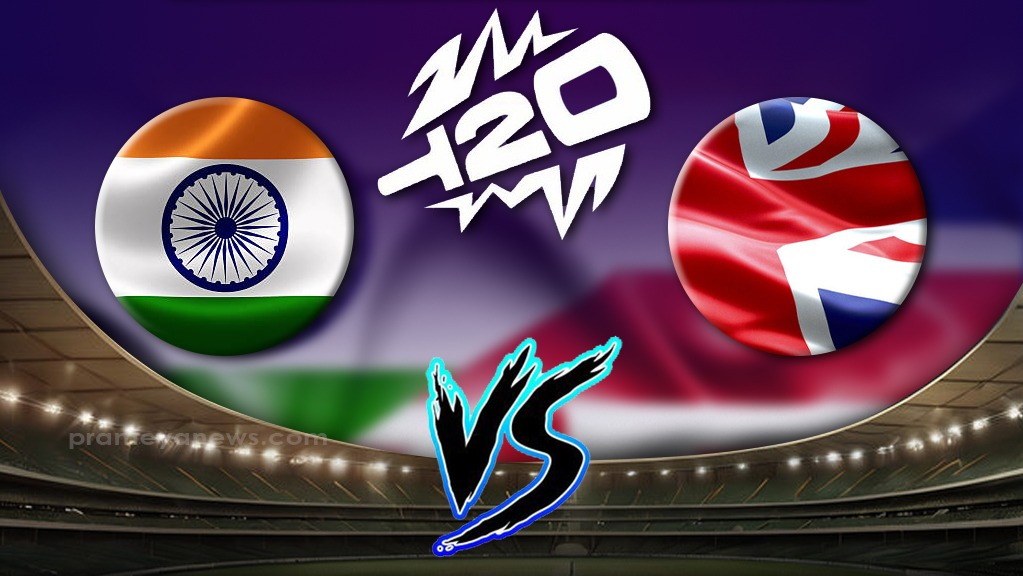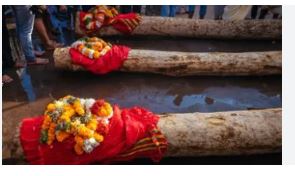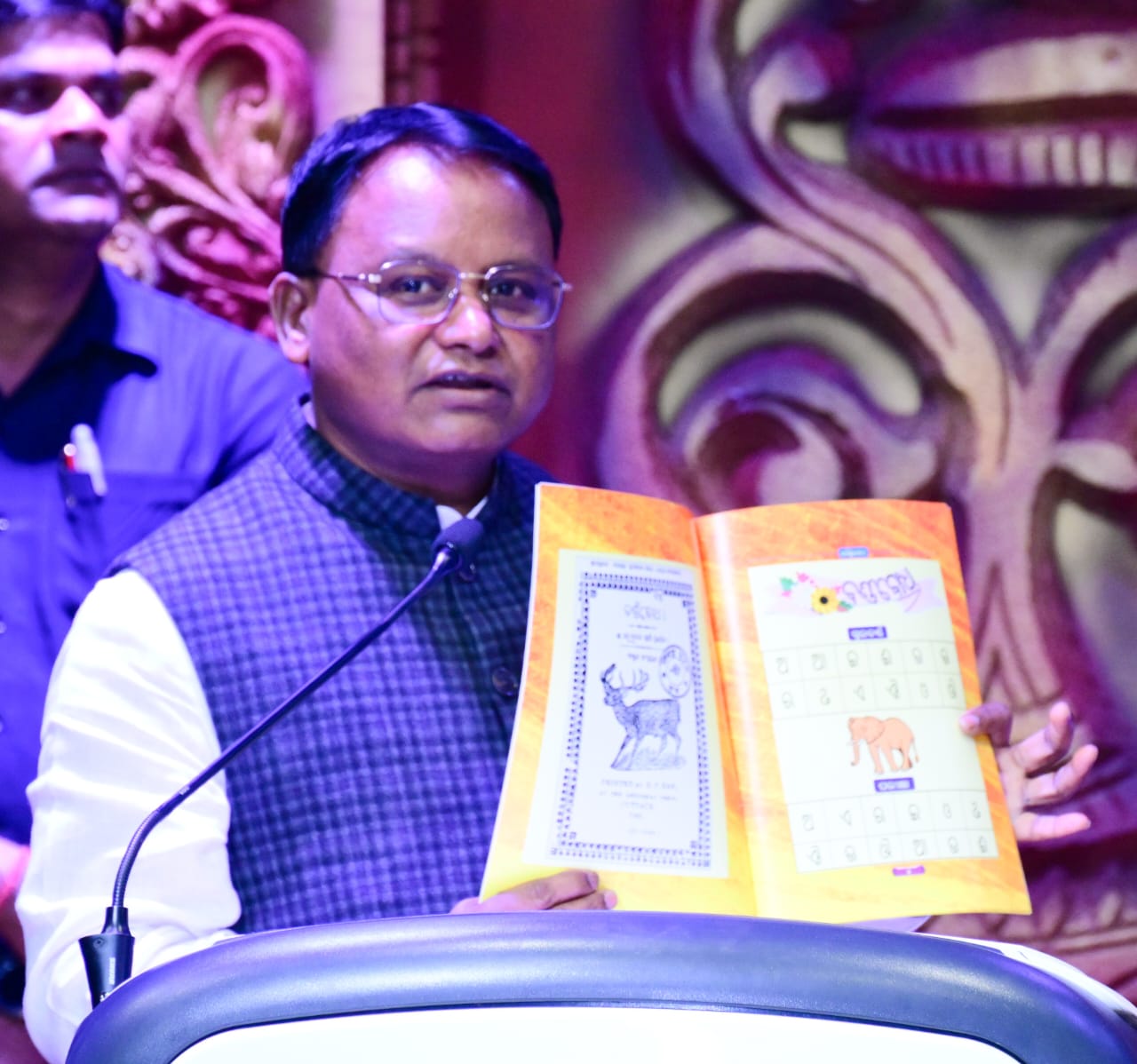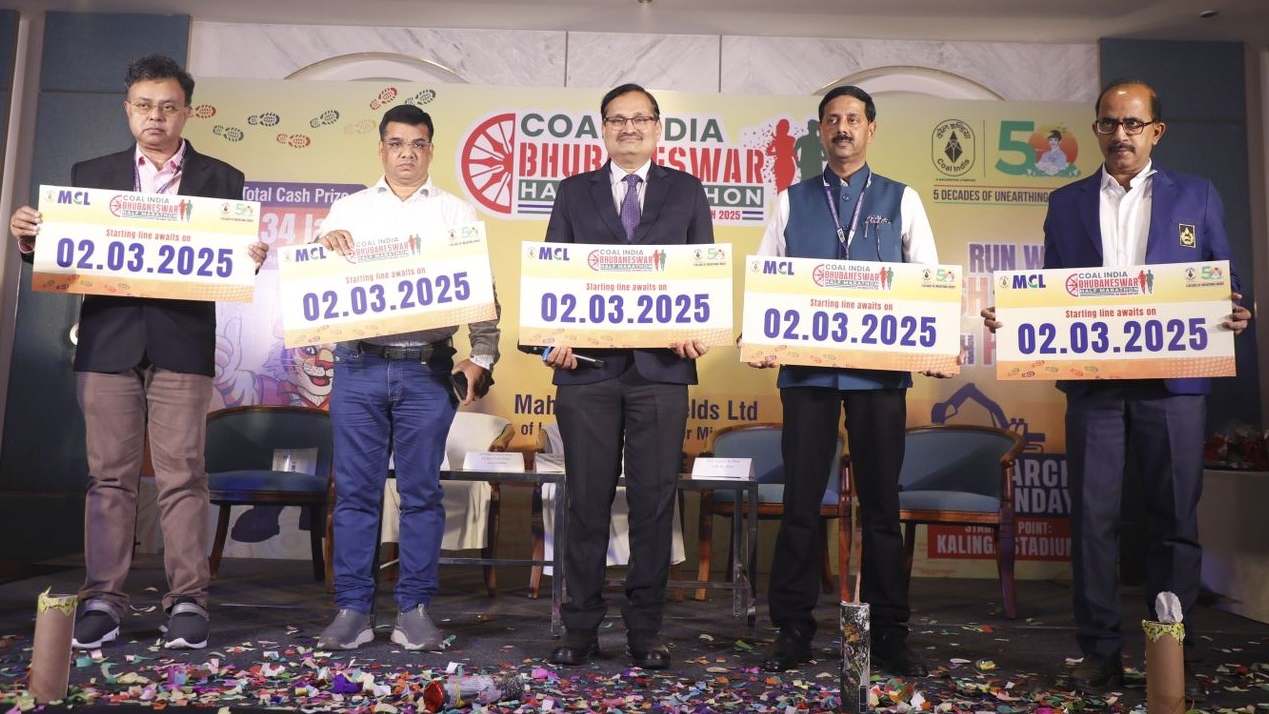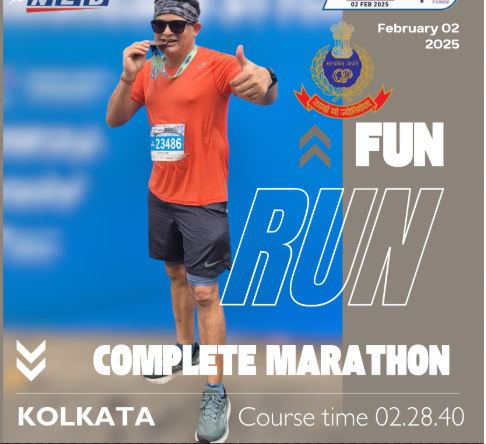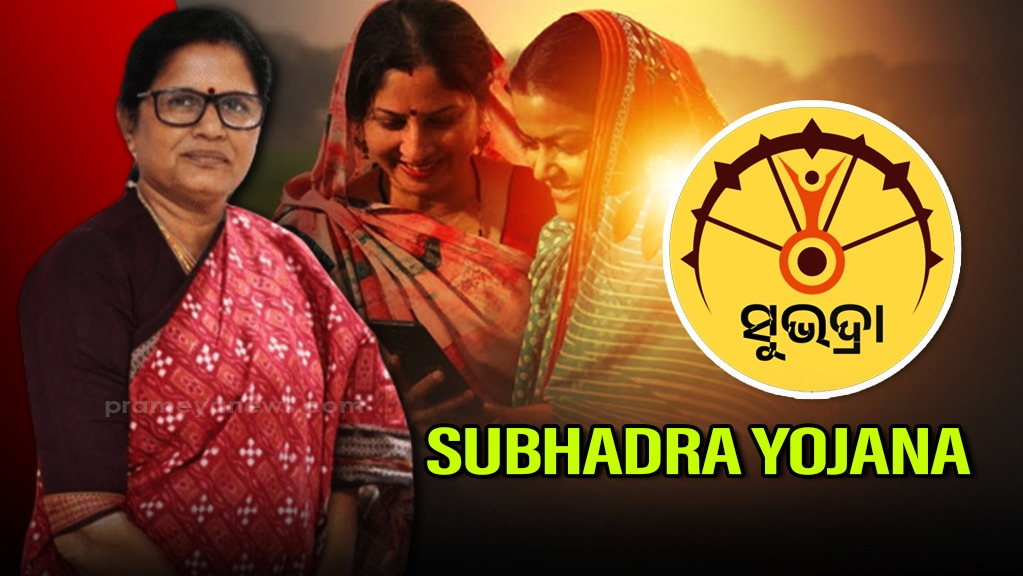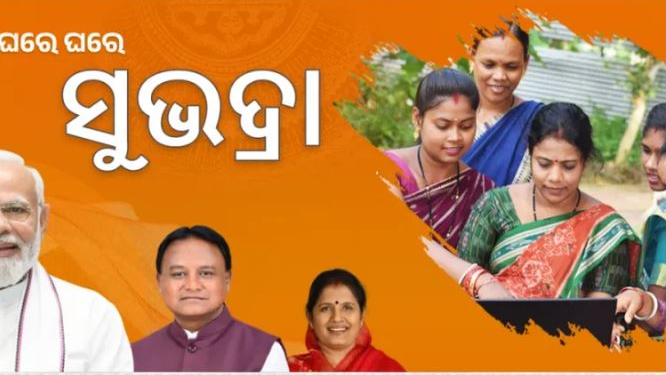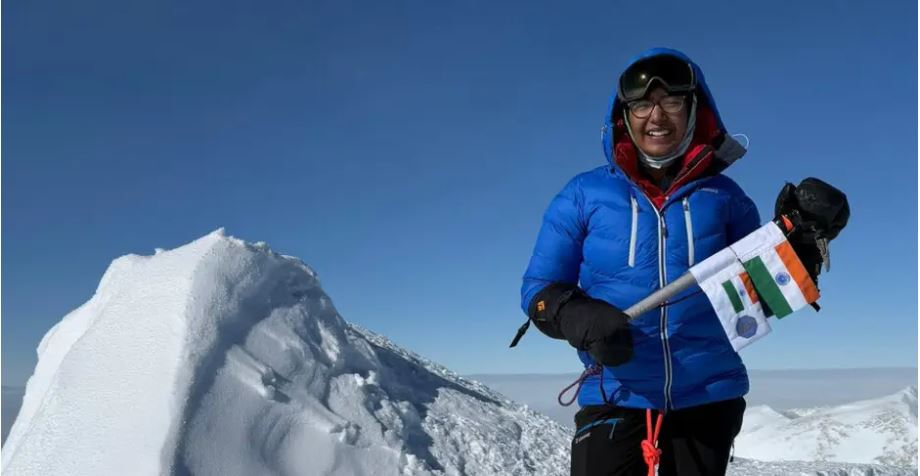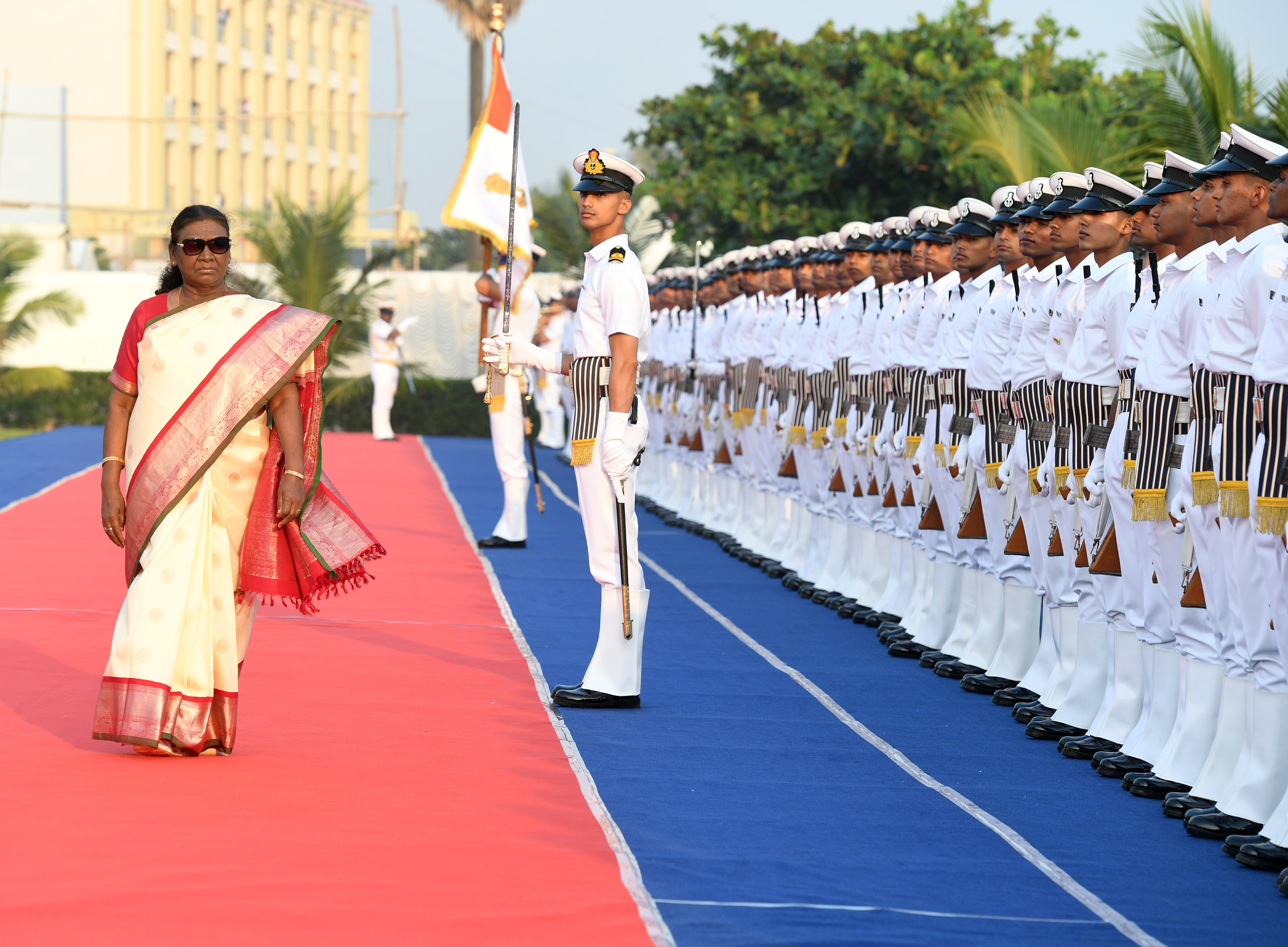New Delhi, February 2, 2025: The Supreme Court of India, under the leadership of Chief Justice Sanjiv Khanna, hosted a “National Conference on Addressing Issues Faced by the State Judiciary” on February 1, 2025, at the Multi-purpose Hall, Administrative Buildings Complex.
The purpose of the conference was to foster meaningful dialogue among various stakeholders in the State Judiciary, particularly focusing on District Courts, in order to identify the challenges they face and develop actionable solutions to address them.
The conference featured four technical sessions, each addressing key issues affecting the performance of the State Judiciary.
First Technical Session
Chaired by Justice Sanjiv Khanna and co-chaired by Justices Abhay S. Oka, B.V. Nagarathna, and Justice Dipankar Datta, the first session discussed ways to bridge the gap between institutions and case disposal. The session also explored the types of cases overwhelming the judicial system, the bottlenecks hindering case resolution, and strategies to reduce the backlog at various levels.
Second Technical Session
Led by Justice B.R. Gavai, with co-chairs Justice P.S. Narasimha and Justice K.V. Viswanathan, the second session focused on the feasibility of implementing uniform case categorization across different courts. Additionally, the session examined how technology could be better utilized to enhance judicial efficiency.
Third Technical Session
Chaired by Justice Surya Kant, with co-chairs Justice J.K. Maheshwari and Justice Sudhanshu Dhulia, the third session delved into the timely recruitment of judicial officers and court staff. It also addressed the continuous recruitment and empanelment of public prosecutors, legal aid counsels, and defense counsels. Discussions included the creation of a permanent IT and Data Cadre in all High Courts and District Courts, the need for an objective transfer policy for judicial officers, and measures to enhance the elevation process from the District Judiciary to the High Courts.
Fourth Technical Session
In the final session, chaired by Justice Sanjiv Khanna and co-chaired by Justices Vikram Nath, Justice M.M. Sundresh, and Justice Bela Trivedi, the discussions centered around career progression and continuous performance evaluation for judicial officers. The session also covered the importance of mentoring judicial officers, establishing a unified training curriculum, and ensuring accountability for judicial officers and court staff.
The event was attended by Supreme Court judges, Chief Justices, and judges from various High Courts, as well as District Judges from across India’s states and union territories. Senior officials from the Ministry of Home Affairs and the Ministry of Law and Justice also participated in the conference.
Following the conference, a meeting was held with Chief Justices and senior judges of the High Courts, along with Chief Justice Sanjiv Khanna, Justice B.R. Gavai, and Justice Surya Kant. Topics such as filling vacancies in High Courts, the appointment of ad-hoc judges, and the establishment of Evening Courts were discussed.
The conference served as an invaluable platform for all judiciary stakeholders to engage in constructive dialogue and work towards solutions for the challenges faced by the State Judiciary.


